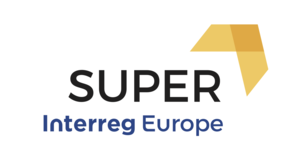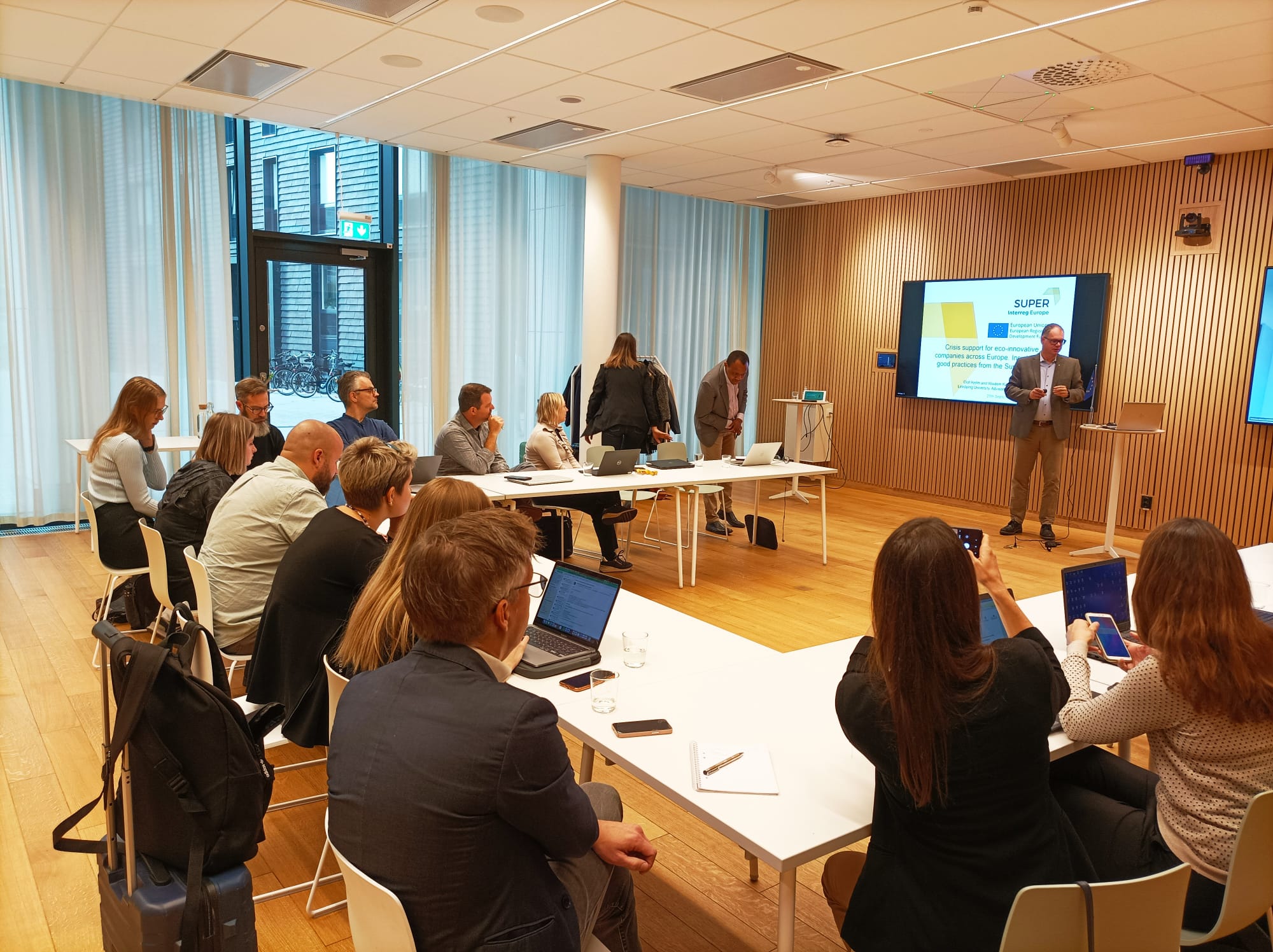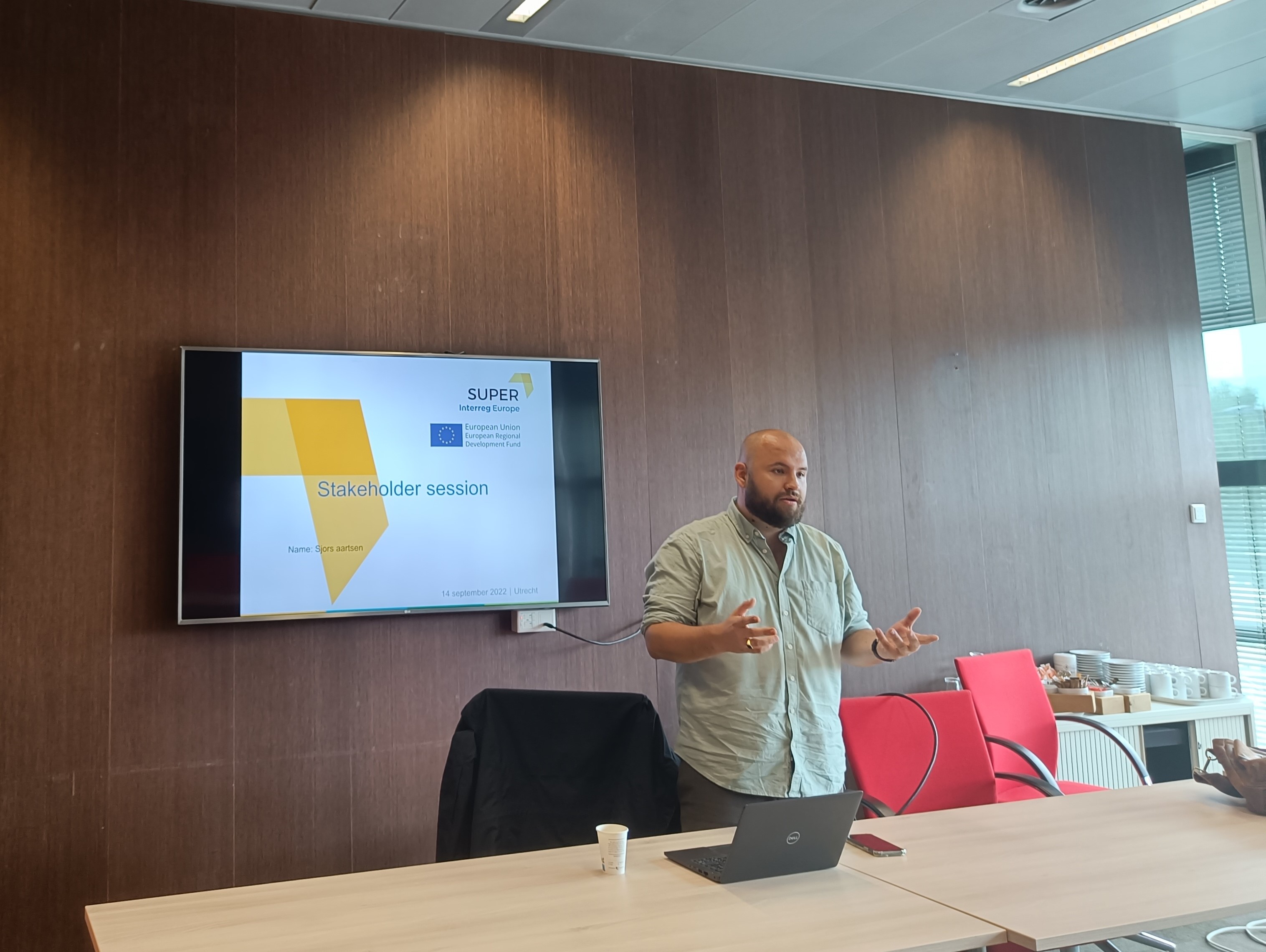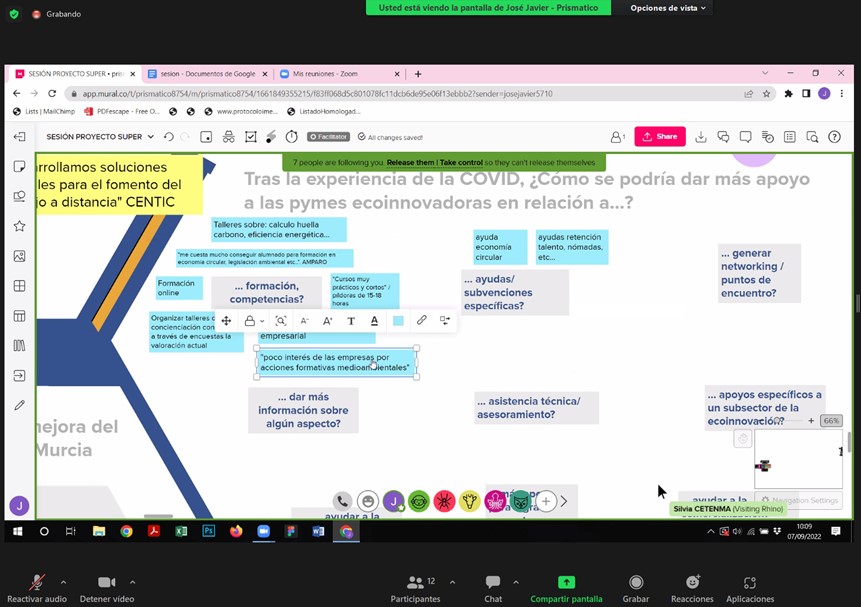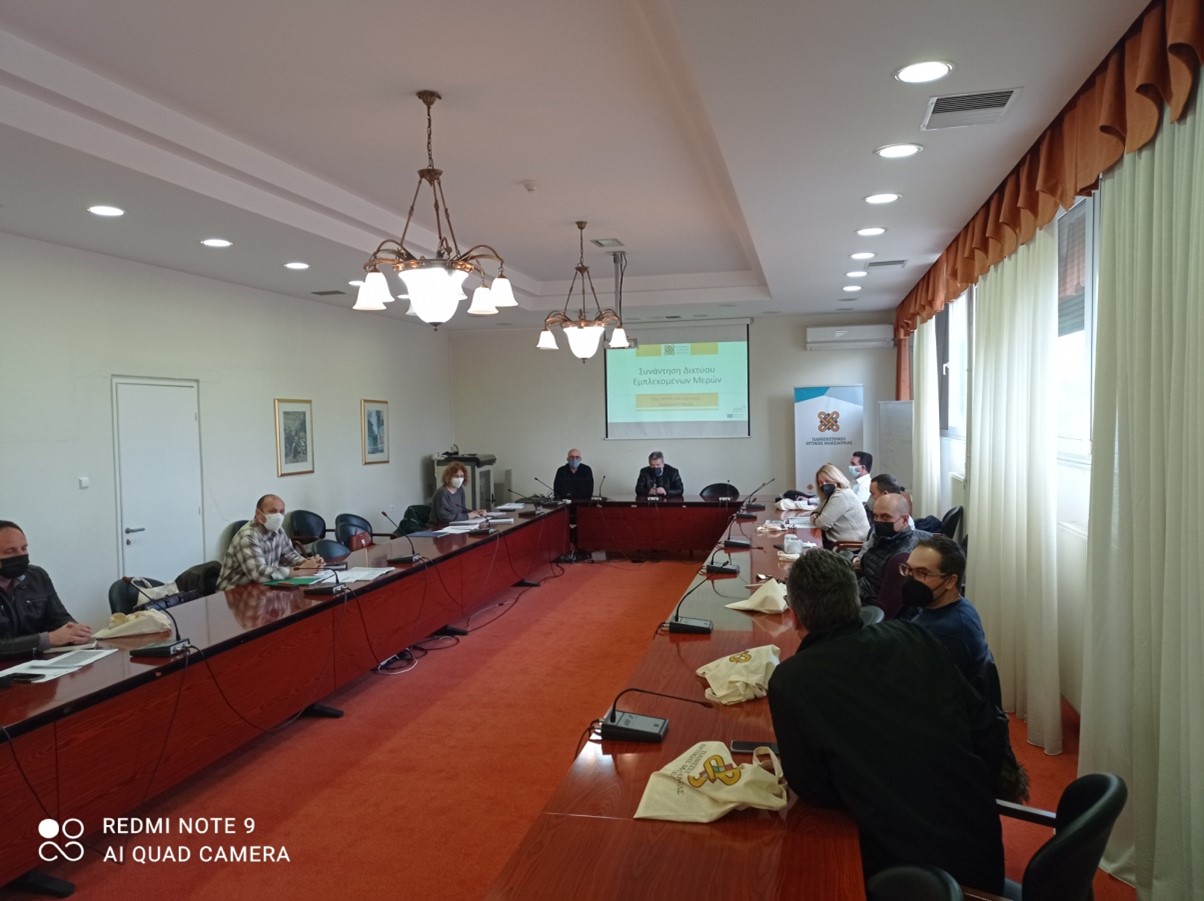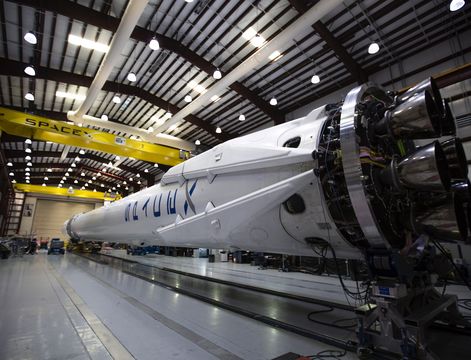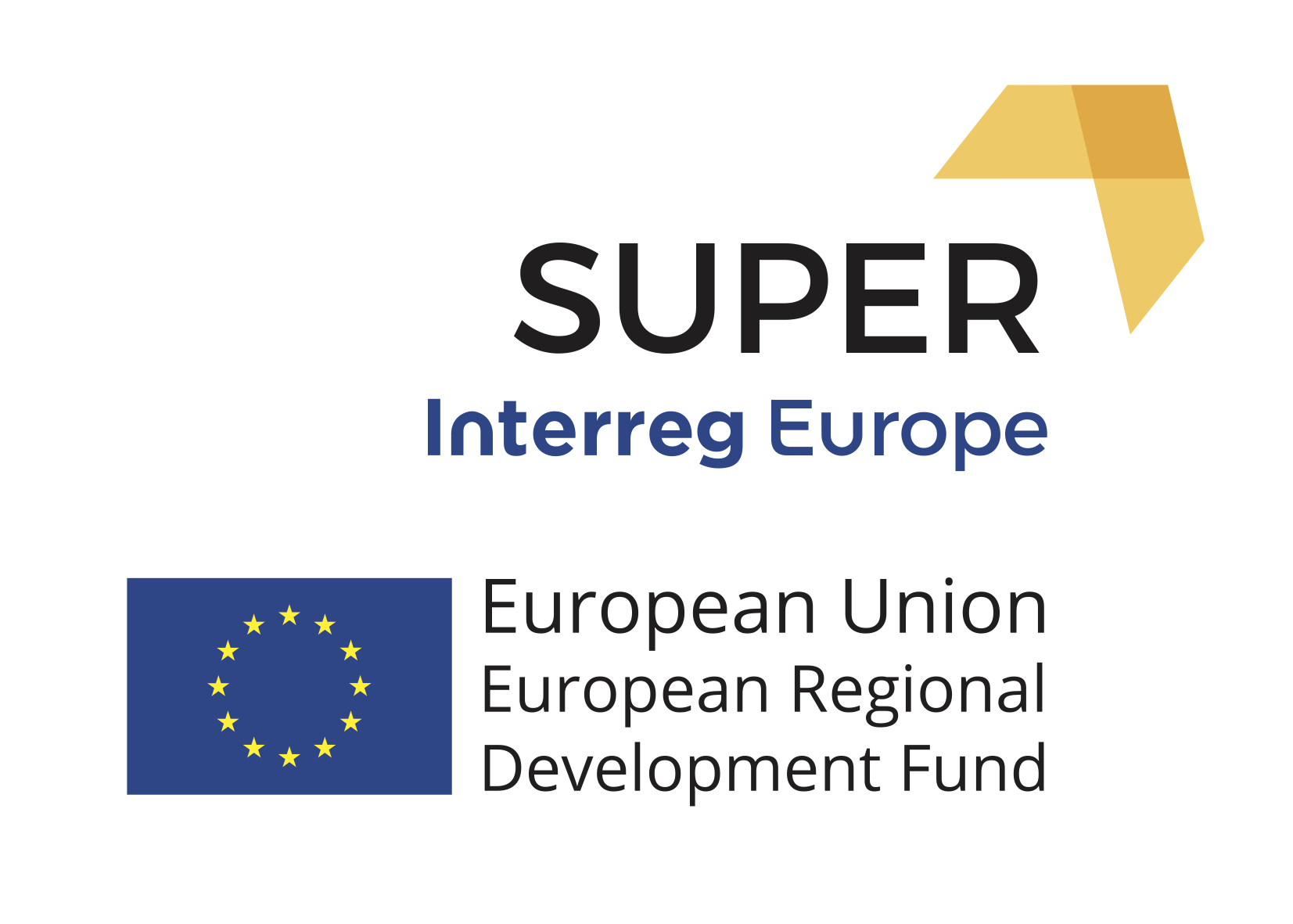ICT industry representatives name priority actions to be implemented primarily by the public sector to promote the development of environmentally friendly innovations .
Using the possibility that a significant number of ICT industry professionals gathered at the event, they were asked to come together to express their views and identify the activities that the public sector should address as a matter of priority in order to promote the development of eco-innovative companies.
Given the potential of the ICT industry to tackle the major challenges facing Europe, which include not only the development of environmentally friendly solutions, but also the optimization of service chains, etc., it was essential to identify the opinion of these specialists. ICT industry solutions can be implemented in any other industry, making processes more efficient and environmentally friendly. SUPER project manager in Vidzeme Planning Region (Latvia) Laima Engere adds: "We can not overlook the fact that the ICT industry is not only supportive, but also an important driver for creating environmentally friendly and innovative systems and facilitating the circulation of economic processes - it is important to know what is currently the niche products that the industry can offer."
Discussion participants - IT industry specialists - named the priority actions of the public sector:
- there is a need to encourage municipalities to initiate and test different new solutions themselves, to use more innovative procurement principles, incl. becoming more open to green purchases,
- there is a need for a co-working infrastructure not only in terms of rooms and infrastructure, but also meaningful and high-quality informative events about industry trends,
- there is a need to attract IT industry talents to the Vidzeme region, creating an attractive living environment for them to help them decide on the place of work.
The above-mentioned ICT specialist's priorities will be taken into account when developing action plans for the development of supportive tools (including SAM 1.2.1) in order to improve the competitiveness and innovation capacity of regional small and medium-sized enterprises.
Such projects like SUPER project implemented with the support of the Interreg Europe Cross-Border Cooperation Program help local and regional administrations to improve, and to build new political initiatives that are not only viable but also meet the needs and potential of the site. As strong cross-border project partnerships are being established on the territory of the European Union, the opportunity to learn from each other is considered an advantage and a quicker path to successful results. At the moment, one of the main objectives of cooperation is the recognition of the full potential of Europe's regions and to do it not only by improving development strategies at the local and national level, but also by ensuring smooth joint development.
